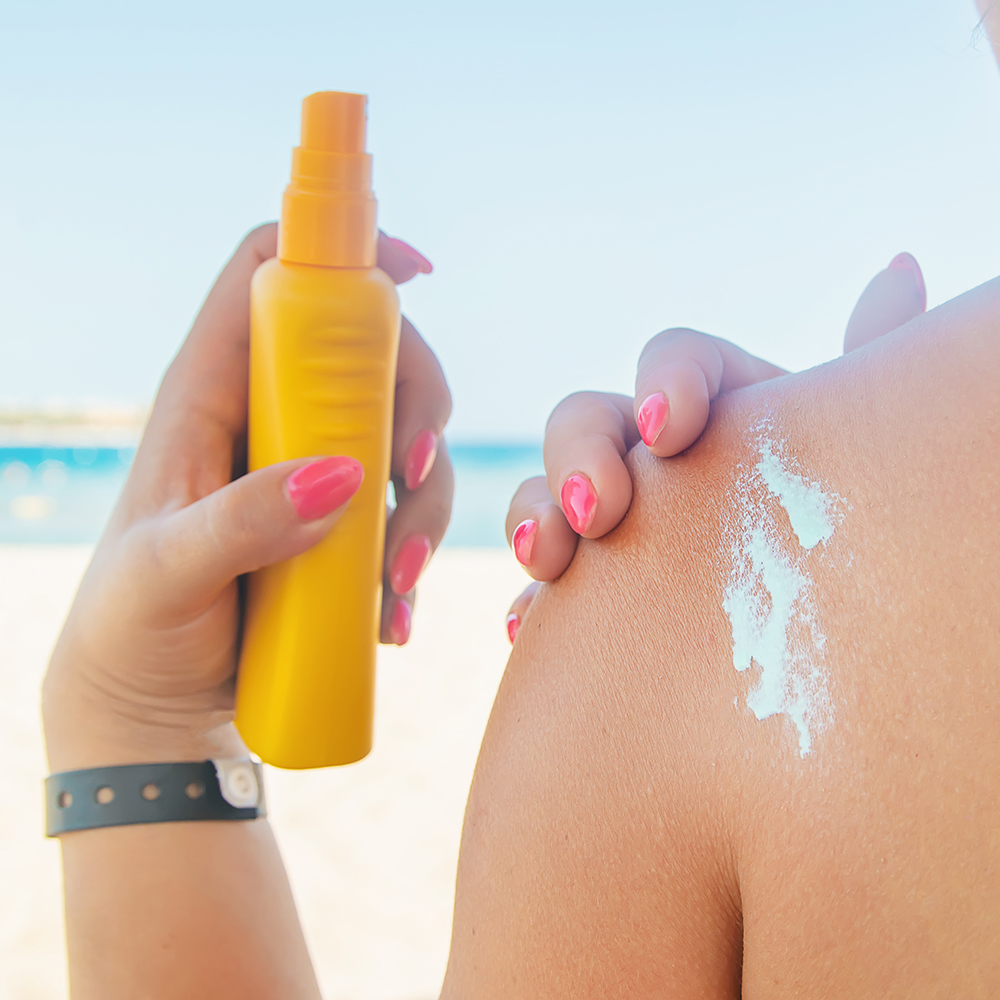Writer / Dr. Lawrence Mark, Dermatologist at IU Health West Hospital
July is National UV Safety Month, a time to raise awareness about the harmful effects of ultraviolet (UV) rays and how to protect ourselves from them. One of the most significant risks associated with UV exposure is melanoma, a potentially deadly form of skin cancer. Understanding the importance of sun safety and taking preventive measures can greatly reduce your risk of developing melanoma.
Melanoma is the most dangerous type of skin cancer, but it is also one of the most preventable. UV radiation from the sun and tanning beds is a major risk factor for melanoma. UV radiation damages the DNA in skin cells, leading to mutations that can cause these cells to grow out of control and form cancerous tumors.
Behaviors can reduce the risk of melanoma.

Reducing the risk of melanoma starts with protecting your skin from UV radiation. Here are some tips to help you stay safe in the sun:
- Use sunscreen: Apply a broad-spectrum sunscreen with an SPF of 30 or higher to all exposed skin, even on cloudy days. Reapply every two hours or after swimming or sweating.
- Seek shade: Limit your time in direct sunlight, especially between 10 a.m. and 4 p.m., when UV rays are strongest. Seek shade under trees, umbrellas or canopies.
- Wear protective clothing: Cover up with clothing, including a wide-brimmed hat and sunglasses that block both UVA and UVB rays. Dark, tightly woven fabrics offer the best protection.
- Avoid tanning beds: Tanning beds emit harmful UV radiation that can increase your risk of melanoma and other skin cancers. Opt for sunless tanning products instead.
- Check your skin regularly: Perform monthly self-exams to look for any changes in the size, shape or color of moles or other skin lesions. If you notice anything suspicious, see a dermatologist promptly.
Screenings are important.
In addition to these preventive measures, regular skin cancer screenings are important. These screenings can detect melanoma in its early stages when it’s most treatable. During a skin exam, a dermatologist will carefully examine your skin for any signs of skin cancer and discuss any concerns you may have.
Early detection is key.
Early detection and treatment are crucial for improving the prognosis of melanoma. If caught early, melanoma is highly treatable, with a five-year survival rate of around 99% for localized melanoma. However, if the cancer has spread to other parts of the body, the prognosis is much poorer.





